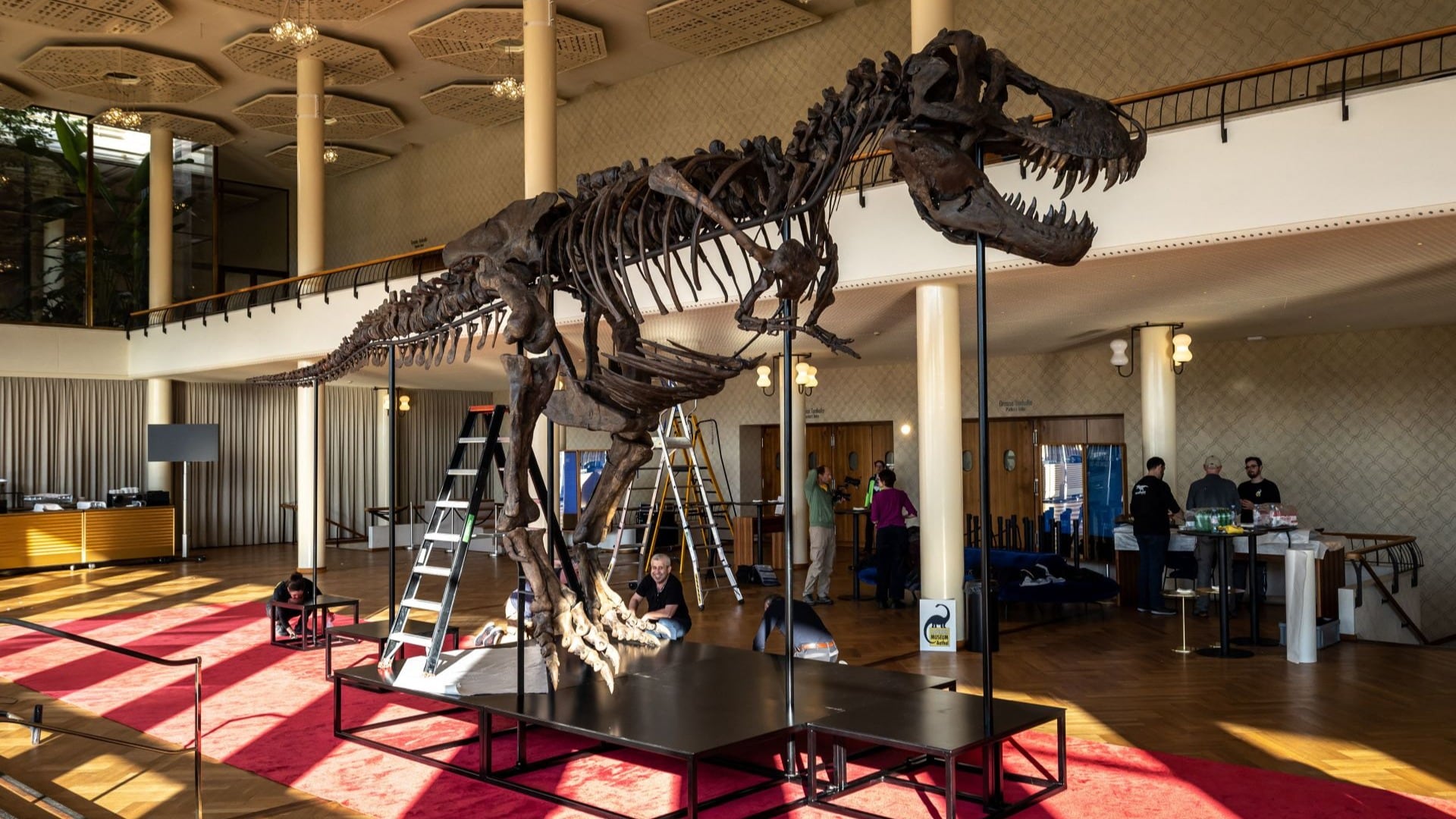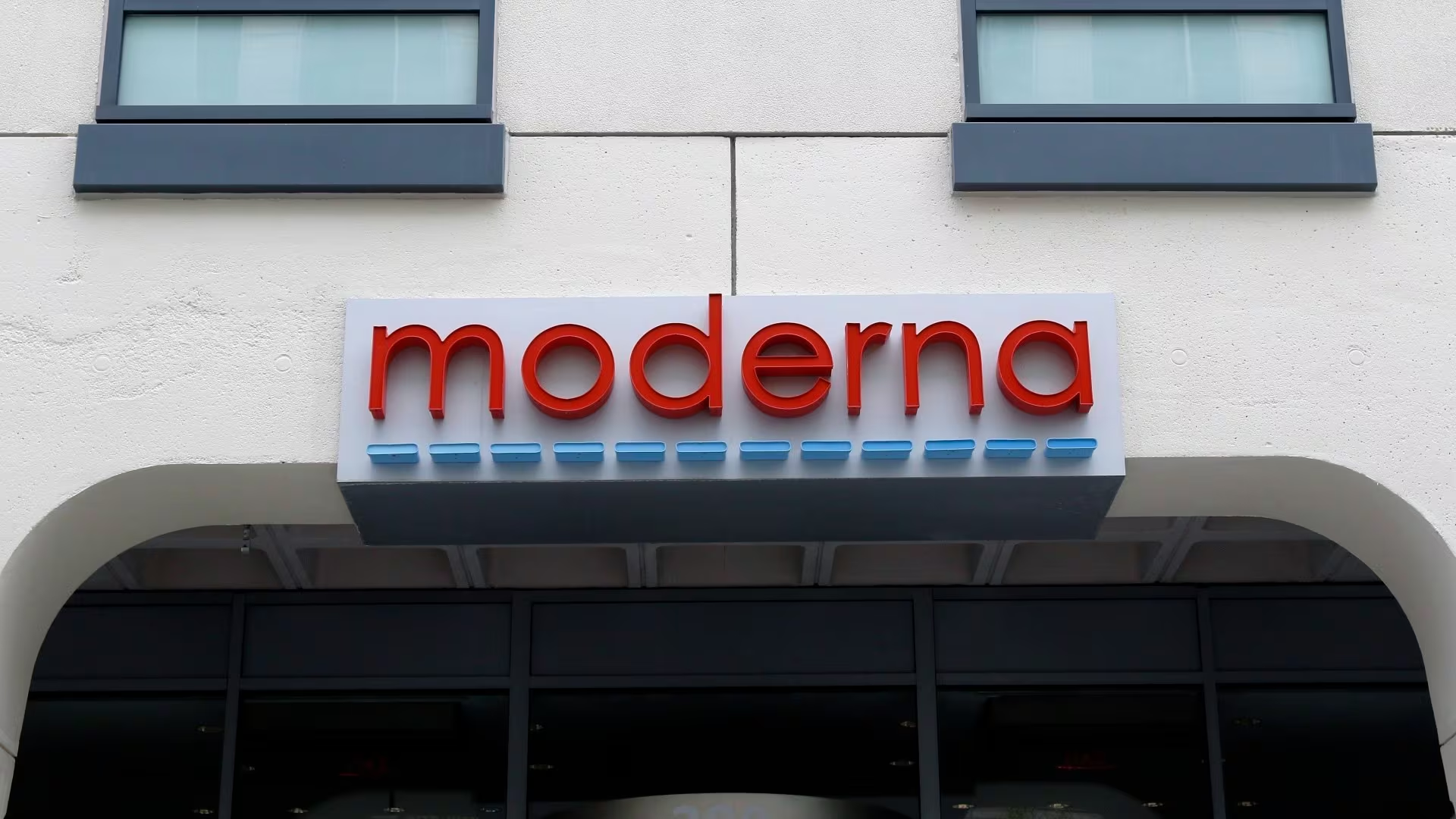Once COVID-19 hit, the demand for mental health services skyrocketed, and with in-person care suspended, many turned to digital services — which led to a disturbing breach of data privacy.
The Duke Sanford School of Public Policy conducted a data brokerage study that found sensitive mental and physical health information was being collected, aggregated, bought, and sold by digital mental health service apps. And those services, in many cases, were not bound by HIPAA regulations.
The list of buyers of the personal health information is vast that includes banks and other financial institutions, US law enforcement agencies, advertising firms, insurance providers — and scammers.
Some digital health service platforms priced the health data of its customers between $200 and $5,000, while others offered subscriptions that doled out information monthly for $75,000 to $100,000.
So what's up for sale? The study found that some services were selling data on anonymous customers, others sold information that included a person's age, sex, race, postal code, and mental health status.
Earlier this month, the Federal Trade Commission filed an order with the Justice Department against GoodRx, a leader in American healthcare and operator of a telemedicine platform, for illegally sharing user information with advertising behemoths like Facebook and Google. The company has since agreed to pay a $1.5 million fine. If the suit is honored in court, it would ban GoodRx from sharing sensitive personal data with third parties.
How Incorporating Resistance Bands Can Diversify Workout Sessions
A giant Tyrannosaurus rex skeleton that’s been dug up from three sites in the United States is going up for auction in Zurich. It's a first sale of its kind in Europe.
As the inaugural guest on Cheddar News' new show Be Well, Dr. Sandra Lee, also known as Dr. Pimple Popper, discussed when (and when not) to pop a pimple and how to take care of your skin and keep an eye out for signs of more dangerous issues such as cancer.
Moderna and Merck & Co. have developed a cancer vaccine that cuts the risk of death or recurrence of most deadly skin cancer by 44 percent compared to Keytruda on its own, according to researchers.
The company got the OK on Friday from the Federal Aviation Administration. CEO Elon Musk is giving 50-50 odds of Starship reaching orbit.
Vertical farming startup Babylon Micro-Farms recently raised $8 million in a Serie A round. Alexander Oleson, CEO and co-founder of Babylon Micro-Farms, joined Cheddar News to explain his company's mission to help businesses and communities grow their own fresh produce in a sustainable manner.
A new lab test can detect Parkinson's disease in its early stages.
Cheddar News is highlighting companies with a focus on sustainability for Earth Month. Ashley Allen, chief sustainability officer with Oatly, joined Cheddar News to discuss her company's mission to deliver products that have a minimal environmental impact. "We want to make it easy for people to eat better and live healthier lives without recklessly taxing the planet's resources," she said.
'Plant Kween' Talks Low Maintenance Care for Budding Plant Parents
The first image of a black hole captured in 2019 is getting a makeover. Researchers on Thursday revealed an updated version, which they made using artificial intelligence.












